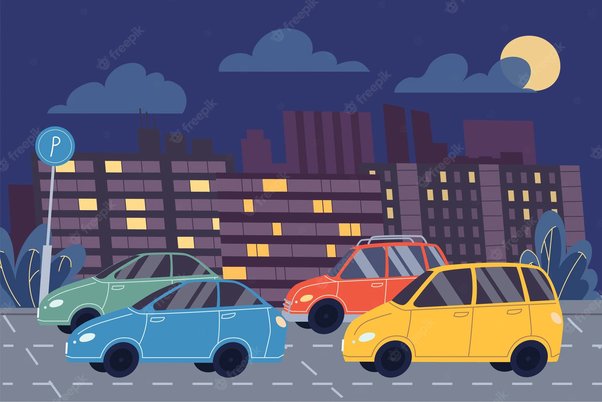Introduction
In residential areas, parking may be restricted by local parking regulations. Such regulations can be specific, depending on the type of vehicle, vehicle size, and the duration of the parking. Many urban areas have laws related to parking on residential streets, allowing people to park on public roads for limited times (e.g., 2 hours), while others may have stricter regulations. This article examines the length of time a car can safely be parked on a residential street.
Types of Parking Regulations
In some jurisdictions, parking regulations vary from town to town. Generally, regulations are divided into two major categories. The first is time-limited parking, which limits the amount of time a car can park on a residential street. This could range from a couple of hours to overnight parking. The second type of regulation is a no-parking zone, which completely prohibits vehicles from parking in an area.
Time-Limited Parking
In most jurisdictions, time-limited parking is usually divided up into smaller chunks of time. Generally, cities allow 2 hour parking on residential streets. Although this time limit may vary from city to city, two hours is the most common amount of time allotted for parking.
If a car is parked for longer than two hours, the driver may be at risk of being ticketed, or even towed away by the city. In some cases, cities may also issue special permits for cars to be parked for longer amounts of time. Permits are typically issued to those who require temporary parking, such as visitors or contractors. Additionally, some cities may allow vehicles to park for longer periods in certain cases, such as medical emergencies or construction projects.
No-Parking Zones
No-parking zones are areas where vehicles are strictly not allowed to park. These zones are localized restrictions and typically apply to a particular section of a residential street. No parking zones are typically used to reduce traffic in a certain area or to create safer or more efficient traffic patterns. No parking zones are also used to prevent overcrowding and discourage loitering.
Conclusion
Parking on residential streets is a common daily activity. Parking regulations vary depending on the local government and the specific street. Generally, cities allow two hours of parking on residential streets and have no-parking zones to reduce congestion. Additionally, permits may be issued for cars to be parked for longer amounts of time. Being aware of these regulations and restrictions is important for drivers who are wanting to park safely and legally on residential streets.

